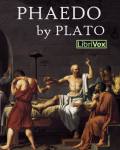 The SFFaudio Podcast #764 – Jesse, Paul Weimer, Cora Buhlert, Trish E. Matson, and Jonathan Manfred Weichsel talk about Logan’s Run by William F. Nolan and George Clayton Johnson
The SFFaudio Podcast #764 – Jesse, Paul Weimer, Cora Buhlert, Trish E. Matson, and Jonathan Manfred Weichsel talk about Logan’s Run by William F. Nolan and George Clayton Johnson
Talked about on today’s show:
1967 novel, George Clayton Johnson, string writer on Star Trek, The Man-Trap, the salt vampire one, coherent, William F. Nolan, sequels, a fall out, just crap I wrote to get money, they’re both right, a full two hours, which is better?, in some ways, very visual, psychedelic visuals, psychedelic writing, druggie writing, architecture and carousel, more depth, one of the first science fiction novels Paul read, quite a trip, all the sex stuff, the drug stuff, how much nudity in the movie, there’s an orgy scene, just PG, kids would’ve fallen asleep, heart rip-out scene, mid-to-late 80s, merit, the book is bad in multiple ways, a lot like Harry Potter, a series of scenes, a very movie way, and simple way, Oliver Wyman is the narrator, a little overbearing sometimes, how about the little girls?, sounding like a woman, it was weird, one of the styles, he’s doing a performance, a very deep voice, Logan or Jessica, there are some times where this is brilliant, most of the time this is brilliant, the pacing, serious problems with the book as a good novel, scenes and ideas, the movie fixes problems but not completely, really good at the very end, 60% of the movie is bad, another scene, a little set piece, changing the ages, actors over thirty, not a teenager, a short guy in his 20s, Farrah Fawcett Majors, is she bad or the dumbest blonde on earth?, that woman was the voice of the computer, Last Day lady, to make it filmable, Carousel, so visual, fixes problem, set in Plato’s cave, back into the cave, in the though experiment, Kirk the computer, the computer Kirks itself, blows itself up, very Star Treky solution, this metaphor that the book doesn’t do, The Machine Stops by E.M. Forster, a big problem for the book, great scenes, the chapter running through the Burnside Civil War re-enactment, tourists, propaganda, brave young men, the glory of self-sacrifice, Francis, this hunt, they’re psychopaths, maybe she’s really good, uncooked message that is in both, you can’t have real human beings without having parents, she’s just doing whatever Jessica says, is she remembering or just hypnotized, very hard to show, a chapter that’s all flashbacks, adorable, these creches, hypnotized by mumbling voices, sleep tapes, Zardoz (1974), C.J. Cherryh’s Cyteen, Starship Troopers, one kid with a radio, similar but a little different, action scenes, made it book length, all these action scenes, attacked by mutated animals, RPG style writing, they don’t develop skills, the action doesn’t grow them, artist robot, Box, they loved each other, they got to see each other naked (in a different way), Box is God, the new eden, god wants to kill them, one of the scenes that they kept, one of the most outstanding scenes in science fiction, the mom is crushing him to its breast, strong implications, a powerful scene, collage of scenes, it doesn’t really do anything other than pad it out, the film is good (but boring), wrote it serially, taken turns, the throughline is non-existent, the reveal, Francis is Ballard, the film fixes so many problems the book chucks up into the air, not fully fixed, more radical changes, not in this case, the film is iconic and excellent, fixed in radical ways, the old man who likes quoting McCavity Cats, Peter Ustinov, he doesn’t remember his name, problems pointed to in the book, psychopathic children, they’re all going to starve to death in about 10 minutes, cannibalism might be part of it, Wall-E (2008), Edenistic and bucolic, nuked Washington, D.C., Crazy Horse, extremely unfinished, they got the face, that guy was obsessed with that thing, oh yeah, the serial nature, they didn’t know where the ending was gonna be, that passion for that project, don’t trust anyone over 21, gone off the rails, 1966-67, Galactic Journey, protesting, later 20s early 30s, qualifications in evening schools, Bremen 1968 protests, young people, baby boom, wore weird clothes, took drugs, had a lot of sex, an intense if this goes on, fear of overpopulation, The Population Bomb, that same logic holds with a lot of people, W.E.F., a Malthusian story, Soylent Green, ZPG (1972), so silly, a good book to start this, both items are incredibly flawed, environmental or population, mostly starring Charlton Heston, Family Guy, depressing 1970s starring guy in a turtleneck, revisionist westerns, Star Wars killed science fiction cinema, spun off its own thing, the hero dies or the world ends, Logan triumphs, Luke destroyed the Death Star, strongest when looking at Star Wars clones, Jaws, monster movies, Razorback, changed science fiction into Star Wars science fiction, Ice Pirates, a comedy of Star Wars, 30 years later, Planet Of The Apes, Dino De Laurentiis, not this cerebral shit, movies of ideas to movies of action and adventure, blockbuster, E.T. is the model, this movie is not a small movie, hundreds of people dressed up, this many actors running around on the screen, 40,000 aliens in the senate, Rollerball (1975), not for art purposes, they’re food, frozen dinners, microwave them later, I’m getting hungry, the missing tigers, mistakes, imagine a whole book centered around the tourist attraction, a powerful image, real human clothes, buildings designed to collapse, it is Westworld, how sick the society is, Paul’s gonna love this book, the Republican party was destroyed, standpoints, Friday by Robert A. Heinlein, a quest for identity, did Heinlein read Logan’s Run, when did Civil War re-enactment really get going?, Civil War monuments, 1961-1965, the 100 year anniversary, the parents who went out in the 60s, their kids do it, a participatory attraction, like hunting or camping, self-renewal, renaissance faire, self-associated, only two teams, I’d like to participate, black powder rifles, a certain kind of authenticity, wearing homespuns to the event, different than a renfaire, arquebus, the family broken up, the audio drama, very bad, more faithful to the book, Colonial Radio Theatre, a malfunction early on, why the end up in the Arctic, things are falling apart, the TV show, the film has to change it, sexuality for children in the book, a real no no, if this book were written today they would be in trouble, pulled from Amazon?, someone might freak out, 11 year old boy, whoever is writing that chapter, differential calculus in grade 2, a need for any of these skills?, Sandmen have vocations, clothing designers, streaming lectures to people on twitch about Australian music in the 21st century, the Machine is stopping, mom, people are bored and dissatisfied, impending fear, religious whackjob organization, DS men, cops, 21 is the cut-off, what does that do to a society without any actual adults, the fear of juvenile delinquents, JD novels and JD movies, Rumble Fish and The Outsiders, West-Side Story, gypsies, killer hippies, part biker gang, Damnation Alley, there’s no continuity within the book, age 14 you need a job, egalitarian, there’s always a job opening, the Spartan society, how Spartan boys were raised, test of manhood: kill a helot, live off the land, a runner, persist, if you’re indoctrinated, scene by scene we’re engaged, there’s no continuity, the rules change arbitrarily from chapter to chapter, six different kinds of bullets, they just dumped that, this is a gas gun, changed from scene to scene, even so, it didn’t go this way, steps into someone else’s appointment to revisit his memories, cyberpunk, a good chapter, a preview of his future, if Philip K. Dick had written this, all on rails, his continuity is his weirdness, more breasts, if you want to play with AI, more boobs and coffee, this book is bad but it has good things in it, tobacco is bad, psychedelic drugs are bad, pay off the cops, lysergic foam, the voyeur scene, Yevgeny Zamyatin’s We, a need for voyeurism and voyeurism is normal, trying to be private, the setup for the film is incredible, Logan’s in his apartment and turns on the Tinder wall, Jenny Agutter character, the Ankh, a connection to the past, she’s suicidal, I don’t fit in this world, why are you on Tinder if you don’t want to have sex?, casual use of sex, the destruction of the family, could’ve been any one of those ladies over there, that’s sick, that horror is incredible, a callback to the Spartan era, martial virtue, mom’s are too soft, not connected to each other, communes, fixed pair bondings are bad, shocking, all the people who are against divorce, line marriages, moms are importing, give the baby to a machine, all the women were expected to work, single mothers, more benefits as a single mom, widowed, blowing powdered sugar into their ass, we call it daycare, considered terrible, compelled to do it, cleaning the floors, in the spirit of, Brave New World, connect the book to the movie, how the original book works, a savage coming into the society, raised on William Shakespeare, doesn’t know anything except for cats, they are not disconnected in the savage society, open in the same way, they can travel to Australia they just don’t, a vehicle of conveyance, that’s not important, touch grass, connect to the real world, plants, no grass, one of the filming locations, Texas?, Houston, abstract sculpture, glass elevator, atrium, Convergence science fiction convention, the hand with the crystal, the flower, more colours to get to 30, green means go, yellow means caution, red means stops, an adaptation of the book Logan’s Run: Last Day, radiation badge colours, so connected to Soylent Green, Saul’s death scene, a drug trip, nature as it was, outside of the cave, a reptile crawls up her leg, the giant statue of Abraham Lincoln, why does he have all those cracks on his face, portrait of the same guy, vines covering everything, a much more grounded and connected thing, a positive, grabbed by a bunch of cops, Logan is trying to tell everyone, not the end of the movie, the computer Kirks itself, story structure, incredibly clear, the film improves in almost every way, Invasion Of The Body Snatcher’s you’re next you’re next, is it the same character?, running around for 20 years, 20 years of screaming, spread to San Fransisco, New Line Cinema, motion picture distribution, windows, theatrical, premium cable, home video, broadcast, airplanes, make money off that movie for 20 years, constantly on TV, a hit movie, decades after it was released, laserdisc, DVD, BluRay, streaming, prime, wish movies, be this movie, what is this crap?, restrain you, the TV station got a lot of letters of complaint, such a terrible movie, ageist, a terrible 1950s German movies, let’s make a movie that no one will be upset about and everyone will love, making you feel something, watching something very vaguely, streamers changing the blood colour to green, Fortnite is a cartoon version of PUBG, the stormtroopers were robots, drone robots roger roger, killing is wrong, we wanna have lots of killing, The A-Team, m[ini]-14 rifles, violence, a tiger can eat you, massively upset about violence, sex was okay, sex-heavy, RoboCop (1987), cut to ribbons, the rip-the-heart-out scene, Star Trek, glorifying violence, Captain America would turn you into a Nazi, Conan was very bad, He-Man was very very suspicious, religiously connected?, the taboos, religious parents, not allowed to DM Dungeons & Dragons anymore, very honest, fuck your parents, why aren’t we playing, the satanic panic, cultural thing, WWI and WWII having ptsd, boring and harmless, Nazi propaganda movies, inept, sympathizing with the badguys, He-Man veterans, a feature of He-Man: he punched his enemies, making a big deal about this, are you watching this He-Man show, this He-Man punches people, as left wing as you could possibly be, he uses violence to solve his problems, Saturday morning, no GI-Joe was bad, connection to war, U.S. propaganda, G.I. Joe in Europe, not intended for me, random criminal organization, C.O.B.R.A, a James Bond villain organization, pro-military, pro-war, military toys and war toys are bad, hitting each other with sticks, The Frost Giant’s Daughter, brooding guys who shouldn’t join gangs, not a religious thing, parental and societal censorship, Predator should be seen in the movie theater, the Comic Code Authority, not showing some kind of horrible reality, I think chicken eating is fine, censorship of the videos being factory farmed, this video has been removed from the internet by court order, everybody should be able to do whatever they want all the time, controlling people by telling them stuff and leaving out some of the facts, nonsense about Conan being a Nazi, leaked into society via teachers and the news, by the power Of Greyskull, I want to see this movie, take me now, the MPAA code, can not show revenge in modern times, ancient times, the same loophole in comics, Dracula is allowed, how Werewolf By Night snuck into comics, Marv Wolfman, classic comics, not allowed to show blood, Morbius The Living Vampire, not allowed to show the undead, police and judges cannot be shown to be corrupt, Atomic Blonde, the 1954 Comic Code, threaten to legislate, YouTube and Twitter, almost every major website, sympathy for the criminal, punish the juvenile delinquents, a sordid or unpleasant activity, disrespect for established authority, you can’t want to be like Kingpin, scenes of excessive violence, necessary gunplay, gory and gruesome, horror or terror, depravity, lust, lurid, gruesome, to illustrate a moral issue, injure the sensibility of the reader, worrying about other people’s kid, ghouls, smut, vulgarity, nudity in any form, Conan’s out, suggestive posture, have you read comics?, illicit sex, seduction or rape, sex perversion, clothed figures, good tastes or morals, government whim, a letter’s page, a regulation that the postal service used, take control over entire industries, congressional hearings, voluntary self-control of the movie industry, see the movies that were not allowed to be shown, you have to see a lot of gross stuff, cut all the stupid stuff out, breast cancer movies, a new Donald Westlake story: Matin’ Place, a parody of Peyton Place, melodrama, people lusting after each other, bad writing techniques, Francis, more akin to the spirit of the book, reading ahead, the best part of the book, undercooked, sexuality, Edgar Allan Poe, something we don’t reconcile, we can’t wrap our brains around it, society now consists only of age 0 to age 21, planet of the grups, Miri, just starting to bloom, extended lifetimes, a salt vampire looking thing, good at their jobs, plastic surgeon, speculative fiction and imagining a wild futuristic society, a 13 year old coming on to him, I’m gonna go get me, weird man, people have babies older now, 26 years old, go through school, 14 you have a baby, a real science fiction idea, a scary one, there are kids dressed in yellow, robot mom, or robot doll, the doll that gets put away, we needed more of that, Billy Wilder, age squick factor, a romantic comedy, child discount, unaccompanied minor, The Major And The Minor (1942), a hilarious romantic comedy, sexual panic around age, bye Paul and Trish, Some Like It Hot, Five Graves To Cairo (1943), on Quentin Tarantino’s list, do blitzkrieg, Double Indemnity (1944), Sunset Boulevard, The Private Life Of Sherlock Holmes, very Shakespeare, also on a train, two guys dressed up as a woman, one ends up with Marilyn Monroe, women dressing up as men, The Spessart Inn (1958), fight Napoleon, The Page Of Gustav Adolf (1960), narrated by a balladeer, J.G. Ballard, the names are terrible, boxy, living a double lifetime, one of the worst novels of the period that Jesse’s read, very new wave, the experimental style, what makes the film superior is it is doing Plato’s Republic, The Myth Of The Cave, fully explore, if not for the movie, Silverberg, as a book, of the same period, he worked the ideas, the comic book changes some of the ideas to its detriment, fucked it up a little bit, kinda boring for 45 – 60 minutes, attitude about adaptations today, most of Hollywood, most Hemingway adaptations, Will Smith’s I Am Legend, the Charlton Heston adaptation, his cleverness at the end, what the “I am legend” means, The Incredible Shrinking Man by Richard Matheson, a ride from a pedophile trucker, standard truckers, what would happen if you start shrinking, your shoes don’t fit, your wife starts treating you like a child, Ant-Man world, every kind of exploration of what would happen if you started shrinking, metaphor, science fiction is a superior genre, this is all metaphor, what makes Ringworld a good book, what would happen if…, that’s what that would be like, you’d be bored, you’d be dying your skin yellow, Star Trek is all metaphor, The Galileo Seven, Spock and Kirk, an ethical dilemma, a hodge-podge of good scenes and unfulfilled promises, boring, a space station around Mars is your sanctuary, steal a dog first, calling for your rover, Shakespeare’s Planet, Invitation To The Game by Monica Hughes, I like this science fiction stuff, Cora’s first science fiction novel, Crisis On Conshelf Ten, moves to the moon, Keeper Of The Isis light, YA, hard SF dystopian novel, government schools, various illicit drugs, the juvenile delinquents in the movie, never explored, yells at the kid: you’re going to be old soon, the penitentiary in the snow, too organized, an anarchist society, never explored again, picking things out a hat, Jesse is obsessed with A Wrinkle In Time, the graphic novel, 26% audience score, hype before hand, Oprah Winfrey, quasi-fantasy, quasi-science fiction, young adult science fantasy, a gang of kids, The Outsiders, Rumble Fish, a reading in a public library, we don’t read that anymore, required reading, the world has changed, drag queen story hour, “I get the sense they’re trying to hide WWII from us”, the Allies and the Axis, all WWII, 2nd German Empire, Weimar Republic, French Revolution, commemorations on TV, history abruptly stopped in 1945, school is terrible and should be abolished, reformed, trying to fix unfixable problems, the teacher says the class your English is probably better than mine, a formalized essay, problems generated by schools, no specifics, we can learn so much together, the opposite of school, babysitting and generating problems, psychotic interference, prison, should we abolish it?, exile, put them on an island, we can learn a lot, especially on our own, school is so fucking bad, university is getting a lot worse, more like school, a top Jesuit university, pragmatically, career wise, guidance counselor, Monster (job search website), secretarial, Plato and shit, using chat gpt, she didn’t write it, how to make something that’s not hers hers, that part was really interesting, its yours nows, Shakespeare wrote that, I, George Clayton Johnson, the myth of the cave, why The Matrix (1999) was a huge hit, you need this concept in your life, democracy, slaves, Socrates was cyberbullied into killing himself, after one of the shows, a way to send files to people, making jokes, penance tweets, don’t read about what the republicans are doing this week, the Green Party of Germany, you’re a bad person, 10% political stuff, lock the comments, German randos, we don’t know what Nazis are anymore, Roger Waters, the swastika is illegal in Germany, Wolfenstein, because rules, serious art, comics don’t count, trashy thriller novel, imported paperbacks, Mark Felton, Hitler’s “Jewish Daughter”, you have to stop coming here, the overall scheme, that doesn’t fit my ideology, nice to his dog until he killed it, nice to talk to in person, Obama would be fine to go to a bbq with, droning weddings, when the Nazis invade a place, an American SS unit, free soldiers, none of these details come out in the broad brush, Ukraine, the reports on Bandera, too hardcore for us, the ideal German solider, Hitler’s Jewish Soldiers, forging people’s papers, great grandmother might have been Jewish, in case you need it again, against censorship, Jonathan has to go to steal a dog, the Vistula River now in Poland, when it becomes German again, things are shaking up in Europe, how do you get all those Russians to move out, 2 million Russians living in Germany, an Israel Palestine thing, Kaliningrad, born in Prussia, Silesia, 79, if you were 85, occupy an empty city, evacuated over the Baltic, breeding or fighting age, meetings into the 2000, Cora sometimes trolls the elderly, nostalgia for things from before you were born, a secondary goal, a memberberries additional thing, that story is done, artificially alive, post-war housing estates, an old York, just a name, no meaning, a map of North Eastern Prussia, random Victorian house, .4% is German, more Armenians than Germans, lost countrymen, kind of weird, Lebensraum, colonizing the east, anti-Slav, obsession and hate for Russia, pathological, racist, psychopaths, Russia under the Tsar, any kind of revolution triggers the people in power, WWI is actually WWII, almost as big, everybody is involved, Mexico, at sea on land in the air, cannonballs, Orson Welles documentary on Nostradamus, JFK, a Muslim terrorist, define your terms, there’s no better story, Hitler’s back and rolling tanks, the criminal Hitler war, dehumanized SS bandits, why this plaque, why here, every second house in Berlin, colonized by McDonalds, polished and everything, one of the reasons Hitler is disliked, he’s not of the upper class, nothing triggered the United States more, committees made up of people, whatever class it doesn’t matter, Britain, brains have gone to mush, the Rhodes Scholars, an obsession, they can never be forgiven, then they got an Emperor, King Charles, that funny hat, try and take em out, war over that stupid doofus, let the empire slip away, fully corrupt, incompetent government is preferable, libertarian/Heinlein, addresses problems and puts out fires, my dad didn’t win that war properly, that other guy shouldn’t have tortured those folks, start 5 new wars, no new wars happen, deep state runs riot, all of the top management can’t get sentences out, a chancellor with amnesia, the agenda is scarier, Green utopia, we hate trans people, I hate nuclear power, the guy in charge, fucking up putting out a fire, how leadership is, go back to your fucking office, just put out the fires, we’ll let you know, your the manager, obsessed with heating systems, what people eat, completely embarrassing, we don’t even have that, they don’t last very long, Trump is gonna get back in (unless he’s assassinated), weird agenda, I don’t like Disney either, same sex kids, one side staying home, voting rate, a one party system with two wings, people who hate Hillary Clinton, assuming, I’m going to smash the CIA into a thousand pieces, a good discussion of a pretty bad book, sighing, at least it was short, too long at the same time, Sixth Column was not boring, random shit randomly placed, they’re mutants now, an exercise, for a contest, mostly forgotten, a modern movie of Logan’s Run, I’ve got it in the can, he likes Star Trek, garbage.

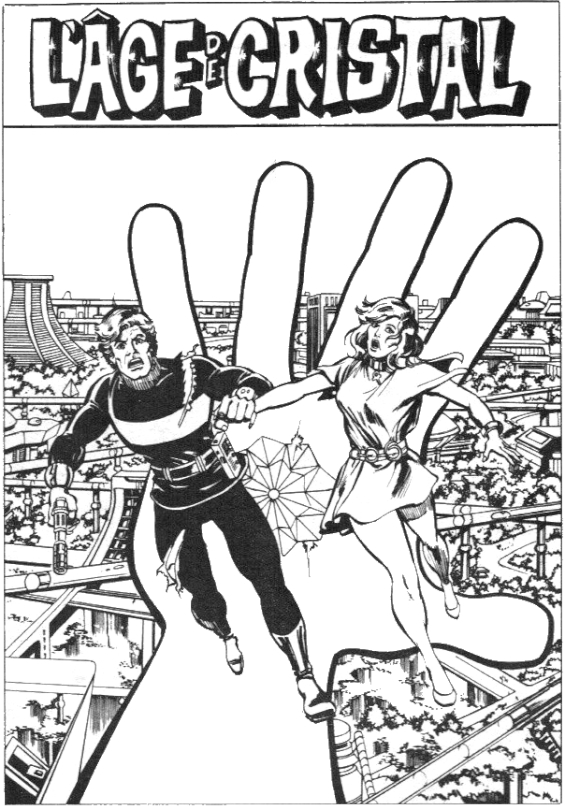
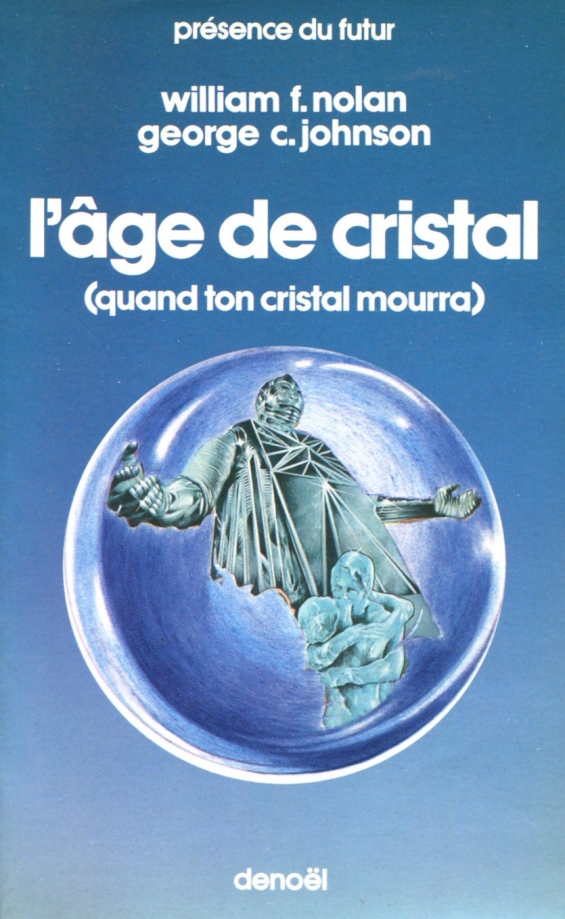
Posted by Jesse WillisBecome a Patron!
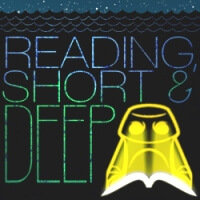 Reading, Short And Deep #326
Reading, Short And Deep #326

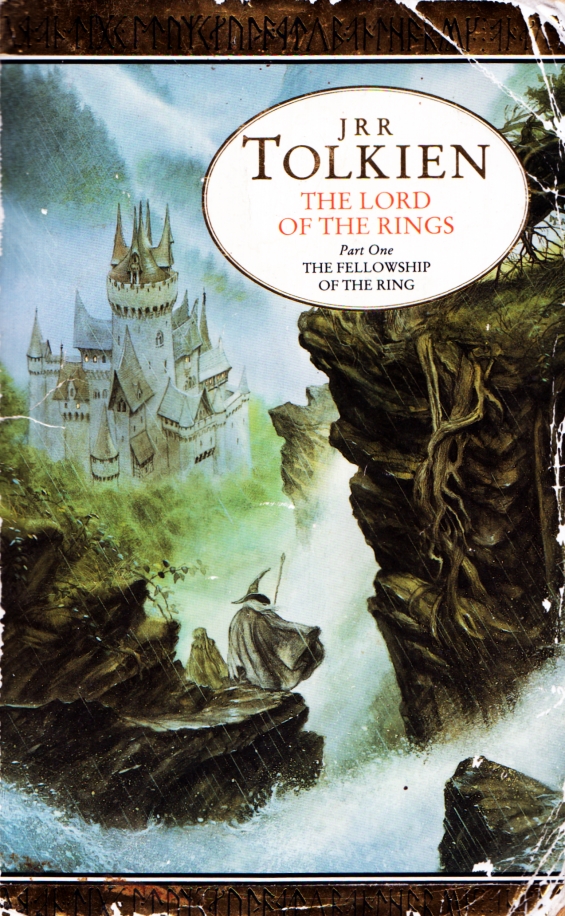
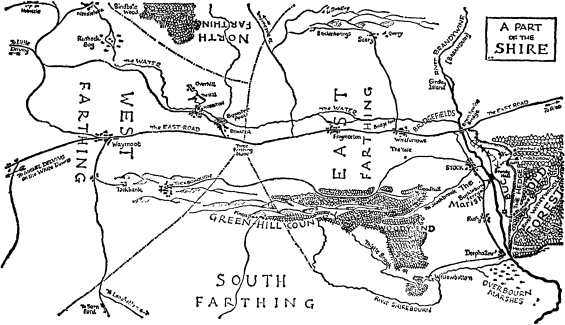
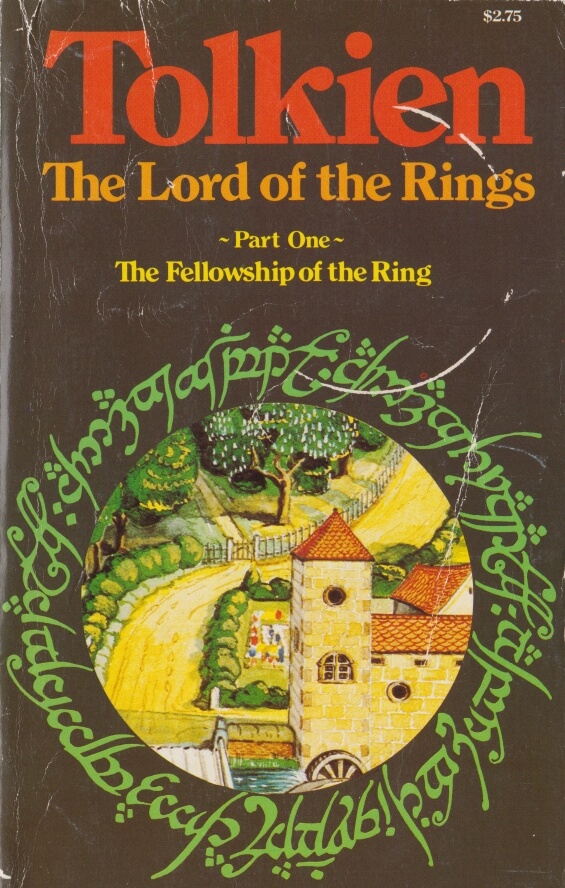
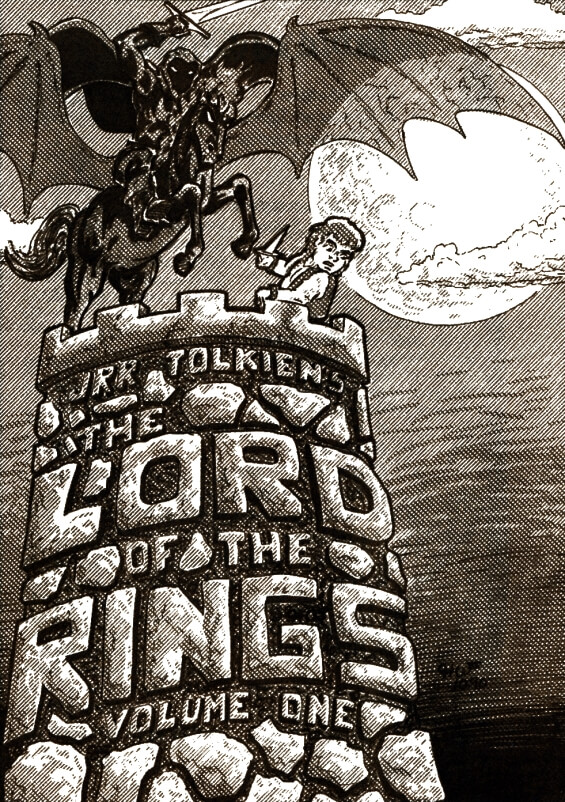

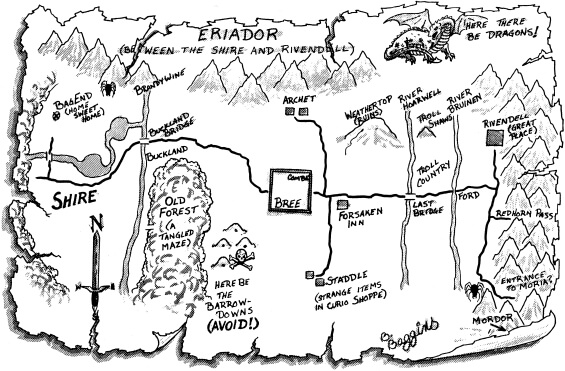


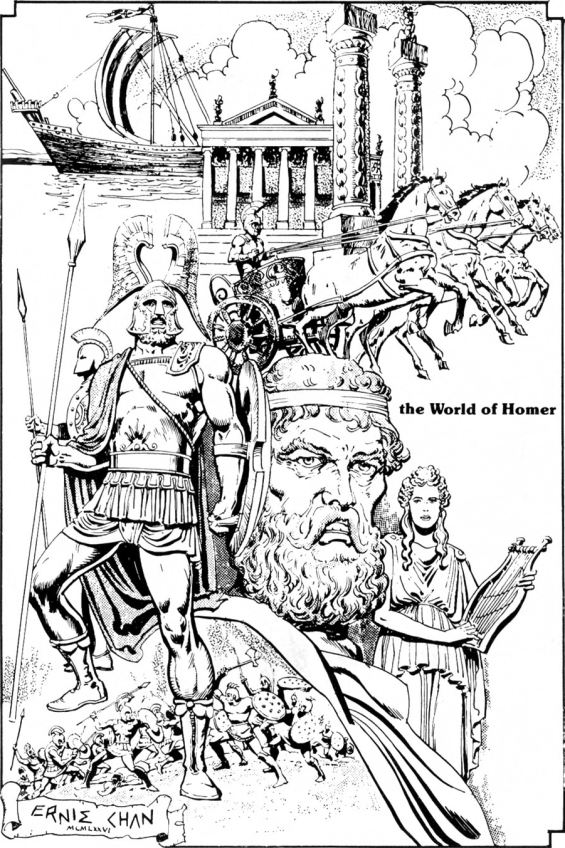

 Bob Neufeld’s reading of the Phaedo, Plato’s account of the final day of Socrates (in 399 BC), is of professional audiobook quality. There’s no way I could overstate how impressed I am with this audiobook. Neufeld’s pronunciation and character discrimination are spot-on and the sound quality of the recording is absolutely stellar. If you haven’t read any Plato I think you’ll be amazed at how clear and compelling the dialogue is. Its an accessible introduction to the thought of Socrates (and Plato) in that it discusses a very down to earth subject: death.
Bob Neufeld’s reading of the Phaedo, Plato’s account of the final day of Socrates (in 399 BC), is of professional audiobook quality. There’s no way I could overstate how impressed I am with this audiobook. Neufeld’s pronunciation and character discrimination are spot-on and the sound quality of the recording is absolutely stellar. If you haven’t read any Plato I think you’ll be amazed at how clear and compelling the dialogue is. Its an accessible introduction to the thought of Socrates (and Plato) in that it discusses a very down to earth subject: death.